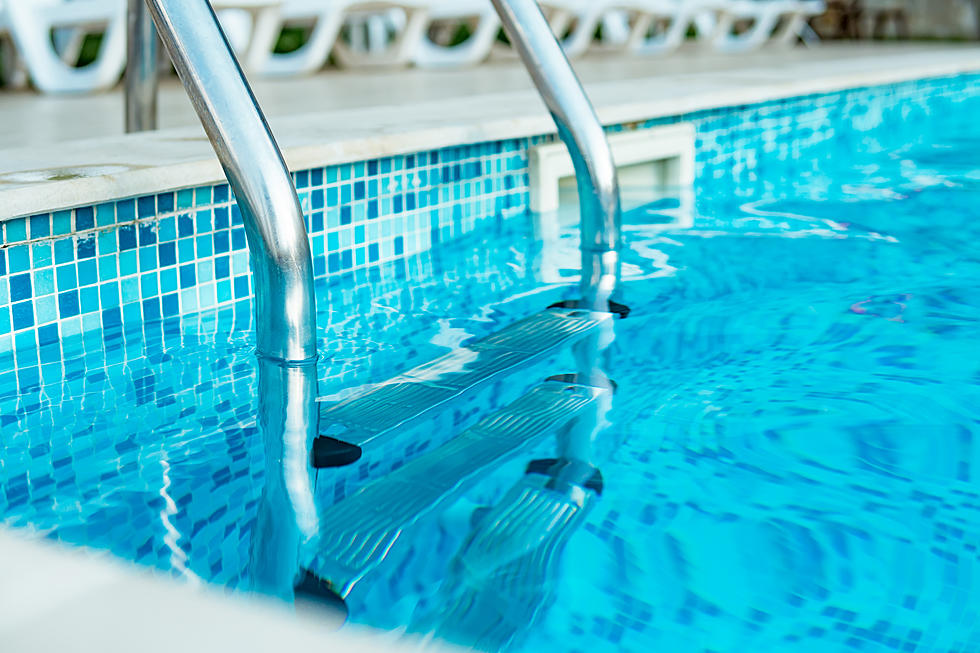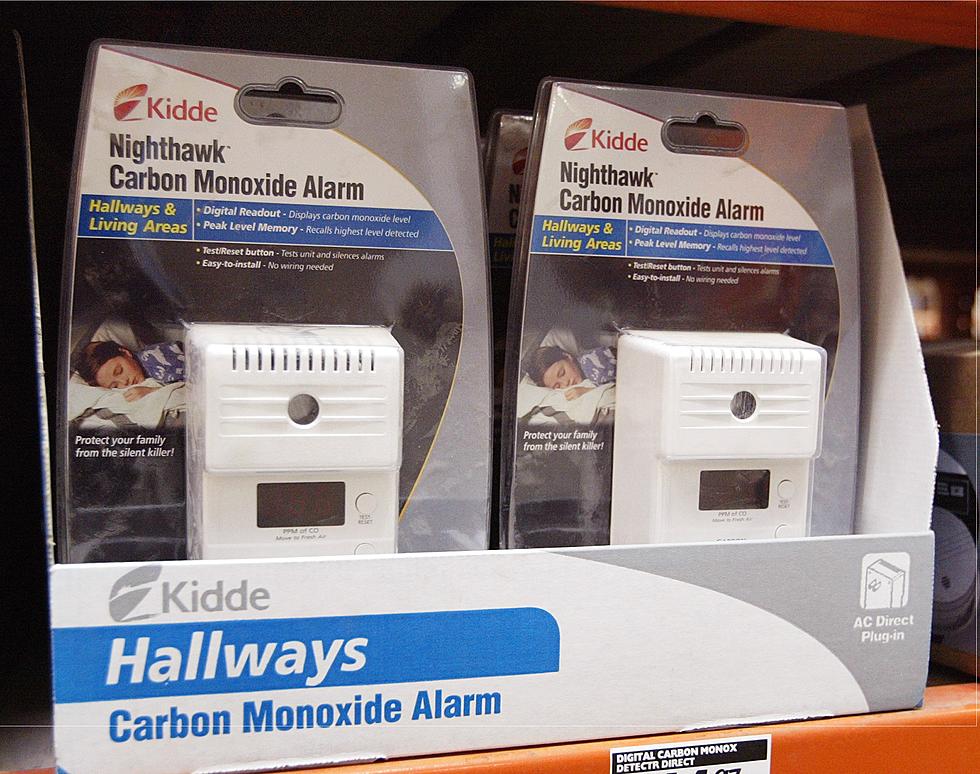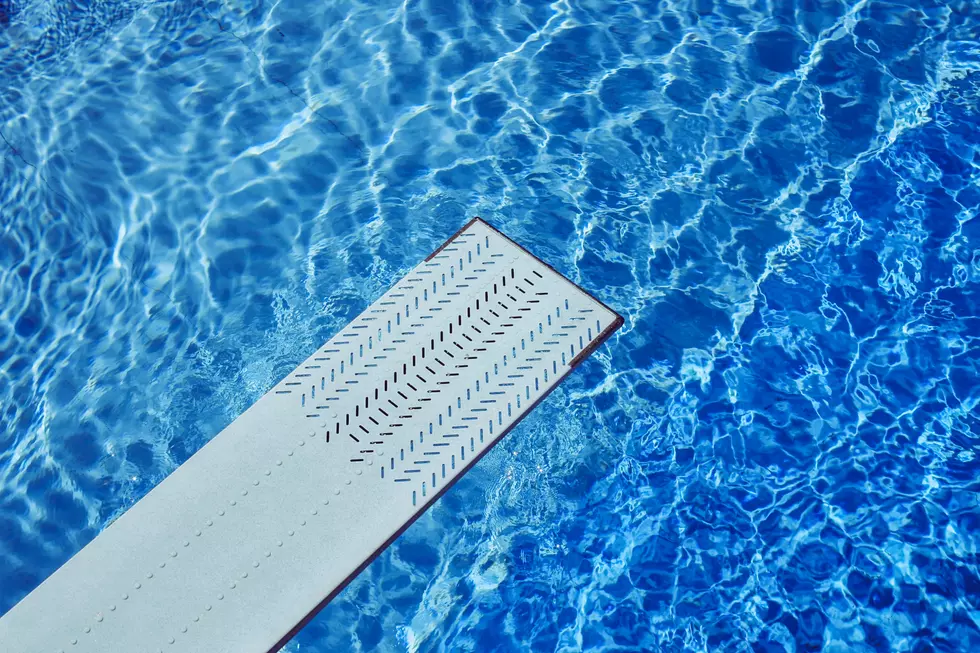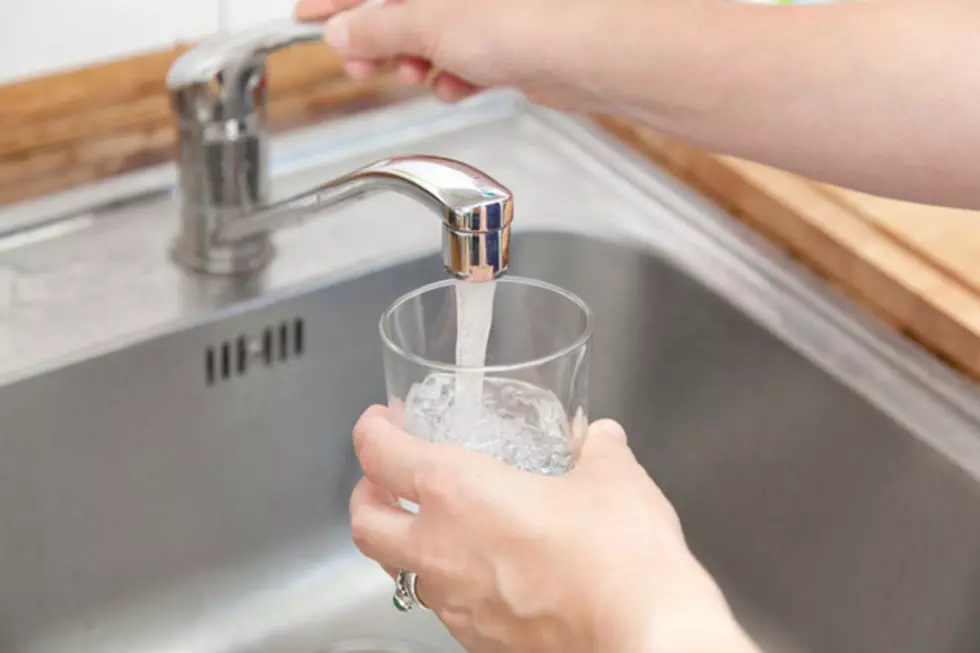
NJ Poison Control Center warns of the dangers of chlorine this summer
Many New Jerseyans bought home swimming pools and even hot tubs last year when the COVID-19 pandemic forced everyone to cancel travel plans and instead take 'staycations.'
But the New Jersey Poison Control Center at Rutgers New Jersey Medical School warned that a high demand for chlorine with limited supplies can lead to accidental poisonings and injuries.
NJ Poison Control Center's Managing Director, Bruce Ruck said "since chlorine is a common product, it's easy to forget that it's a strong chemical disinfectant that carries significant risk for serious health effects if accidentally exposed or misused."
With chlorine tablets in short supply, many are turning to chlorine powders, liquids and granules to keep their swimming pools and hot tubs sparkling clean all summer.

But when people open these containers up, they can get a huge whiff of chlorine in their faces, in their noses and eyes. Ruck said this can cause severe eye irritation, shortness of breath, other breathing problems especially for those with asthma and even lung injuries.
Never open chlorine containers in an enclosed, poorly ventilated space. Open all chemicals in well-ventilated areas, preferably outdoors, Ruck said.
Store chlorine and other pool chemicals in a lockable area out-of-sight and reach of children and pets. Ruck said, most often, people store these products in garages or sheds.
He said to always keep chlorine in its original container to avoid confusion and possible accidental ingestion.
Never mix chemicals together. Ruck said the combination can cause a toxic gas which could lead to life-threatening effects. The risk also applies to mixing chemicals with ammonia.
Swimming in chlorinated water can cause skin irritations that trigger rashes, burning, itchy eyes and can even trigger bronchial problems, Ruck said.
Don't leave chlorine levels too high. Use test strips found at pool stores to check and maintain the necessary chemical levels (pH and chlorine) to keep the water safe.
It's also very important not to swim while sick as bacteria and other germs can contaminate the water and make other sick.
As always, if there is an emergency and someone is not breathing or unconscious due to chlorine ingestion or exposure, call 9-1-1. For other issues, call the NJ Poison Control Center at 1-800-222-1222. They are open 24/7 365 days a year.
Trending News Now
More From 94.3 The Point










